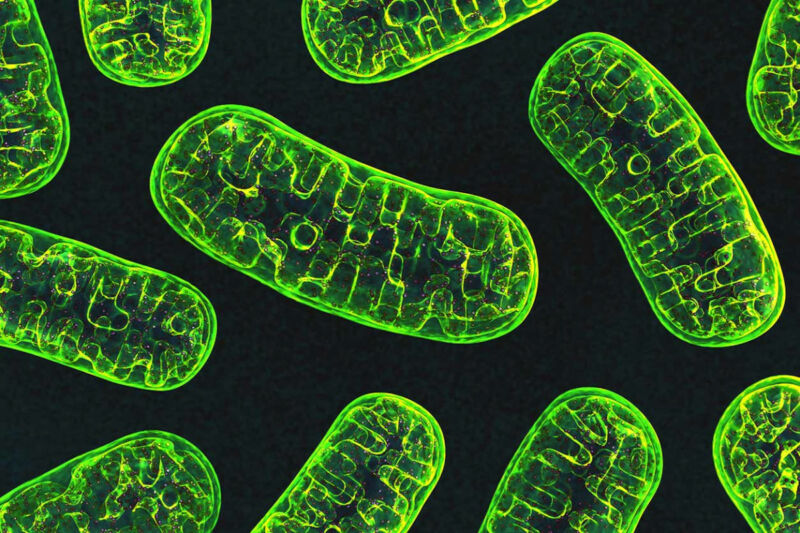Researchers find an animal without mitochondria

Enlarge / Mitochondria, previously found in all animals, is now in all animals but one. (credit: NIH)
Eukaryotes are the branch of the tree of life with complex cells, containing a separate compartment for DNA, lots of internal compartments, and mitochondria that use oxygen to provide lots of energy. These features were so successful that we can't find any trace of a eukaryotic ancestor that lacks any of them. It has been suggested that the mitochondria's ability to mobilize energy was an essential ingredient for animal life.
That said, there are a small number of single-celled parasites that seem to have lost this energy-producing function over the course of evolution. They typically still have mitochondria-like compartments, but they've lost their DNA and role in aerobic metabolism. Instead, these compartments are involved in specialized chemical functions like producing hydrogen. But these were typically parasites that lived in oxygen-free environments and were only distantly related to animal life.
But now researchers have identified an animal that is also a parasite that lives in oxygen-poor environments. And it, too, has gotten rid of its mitochondria, being the first-known instance of an animal that lacks them.
Read 12 remaining paragraphs | Comments